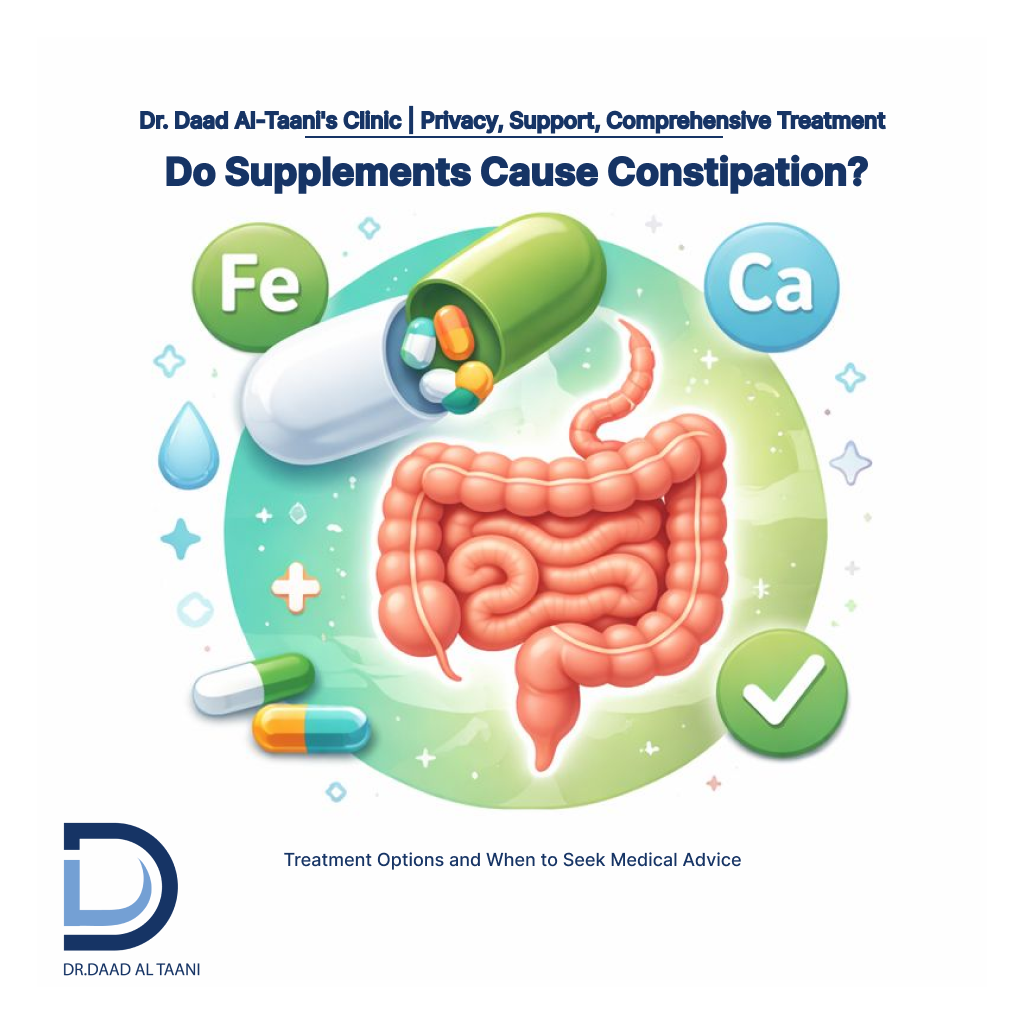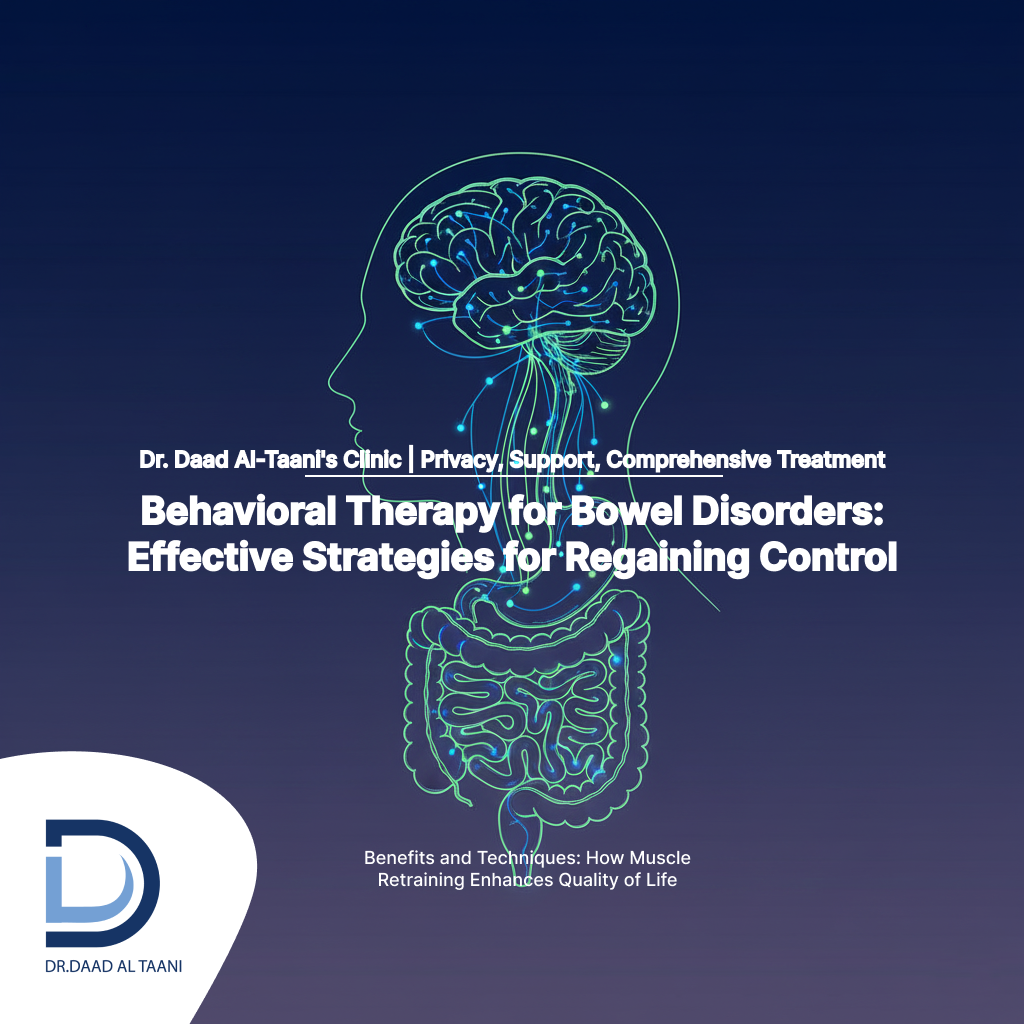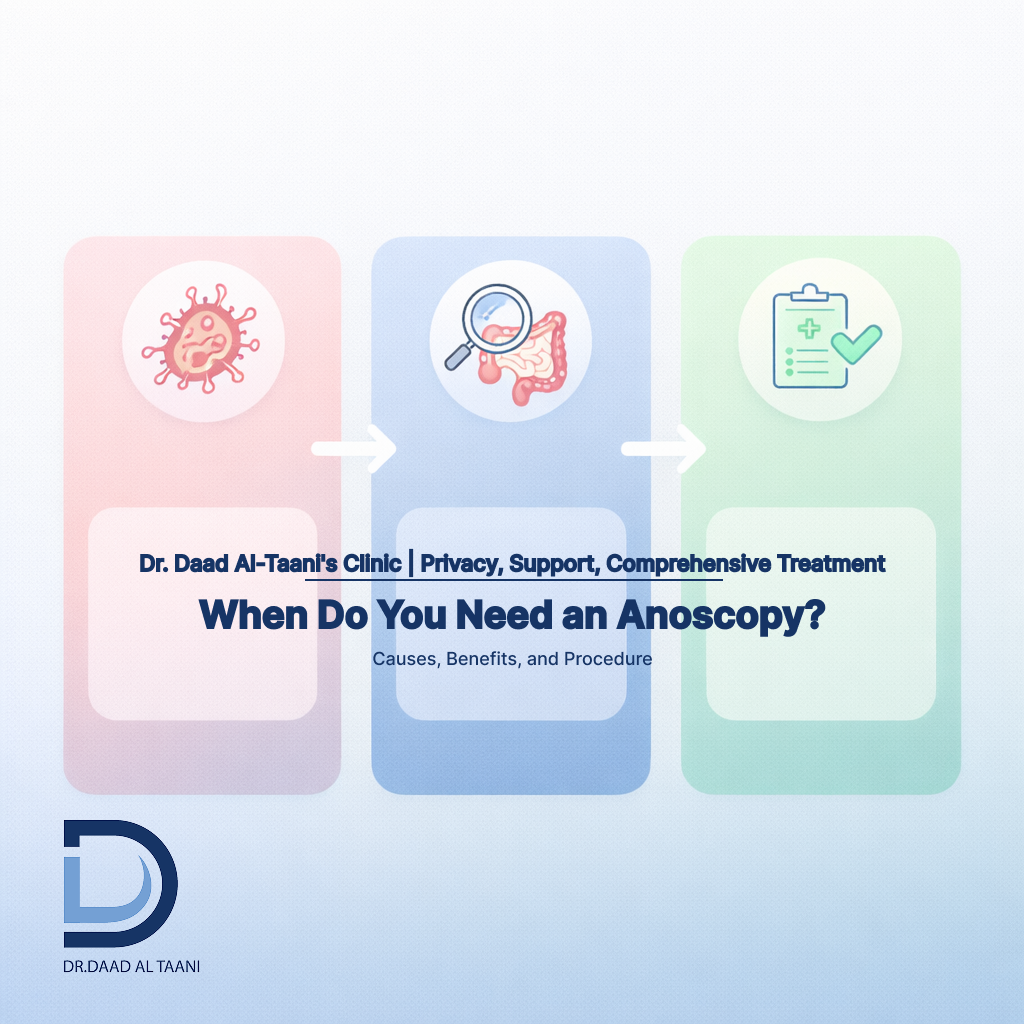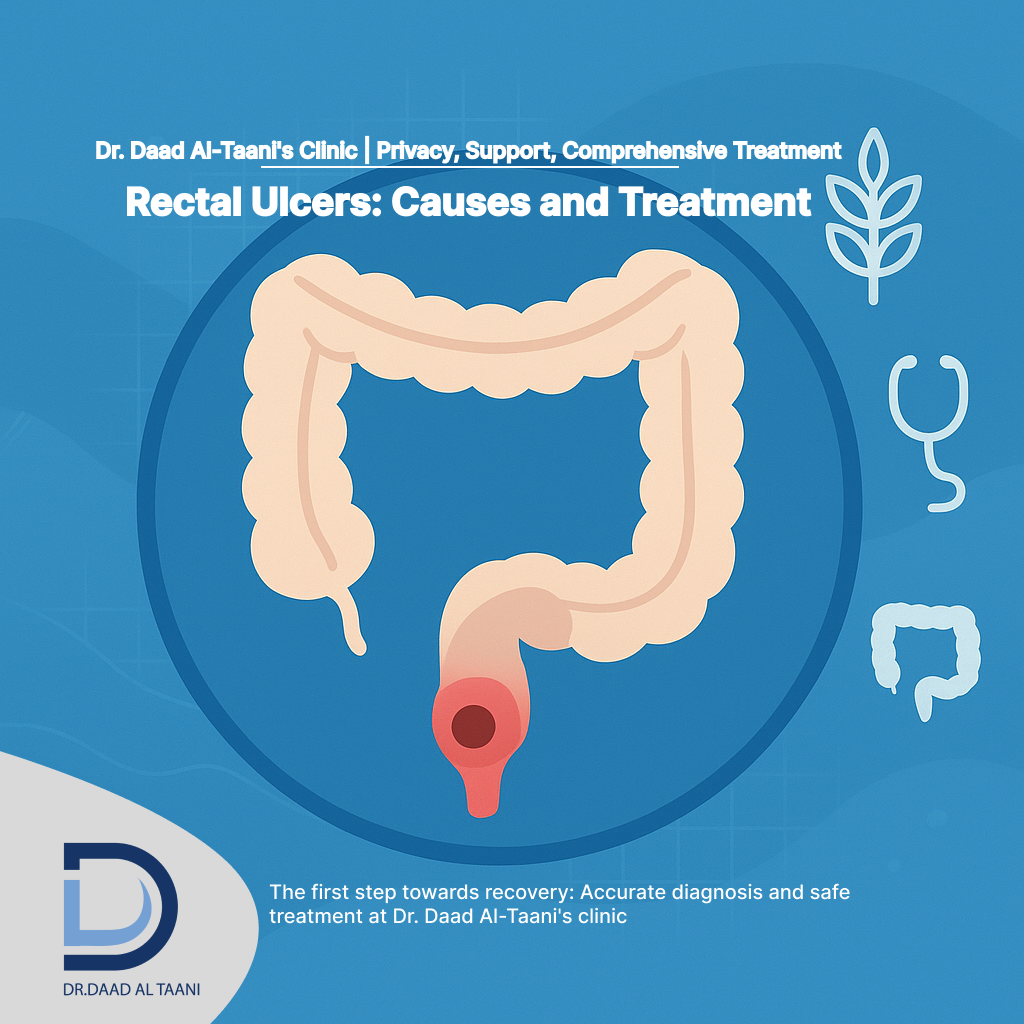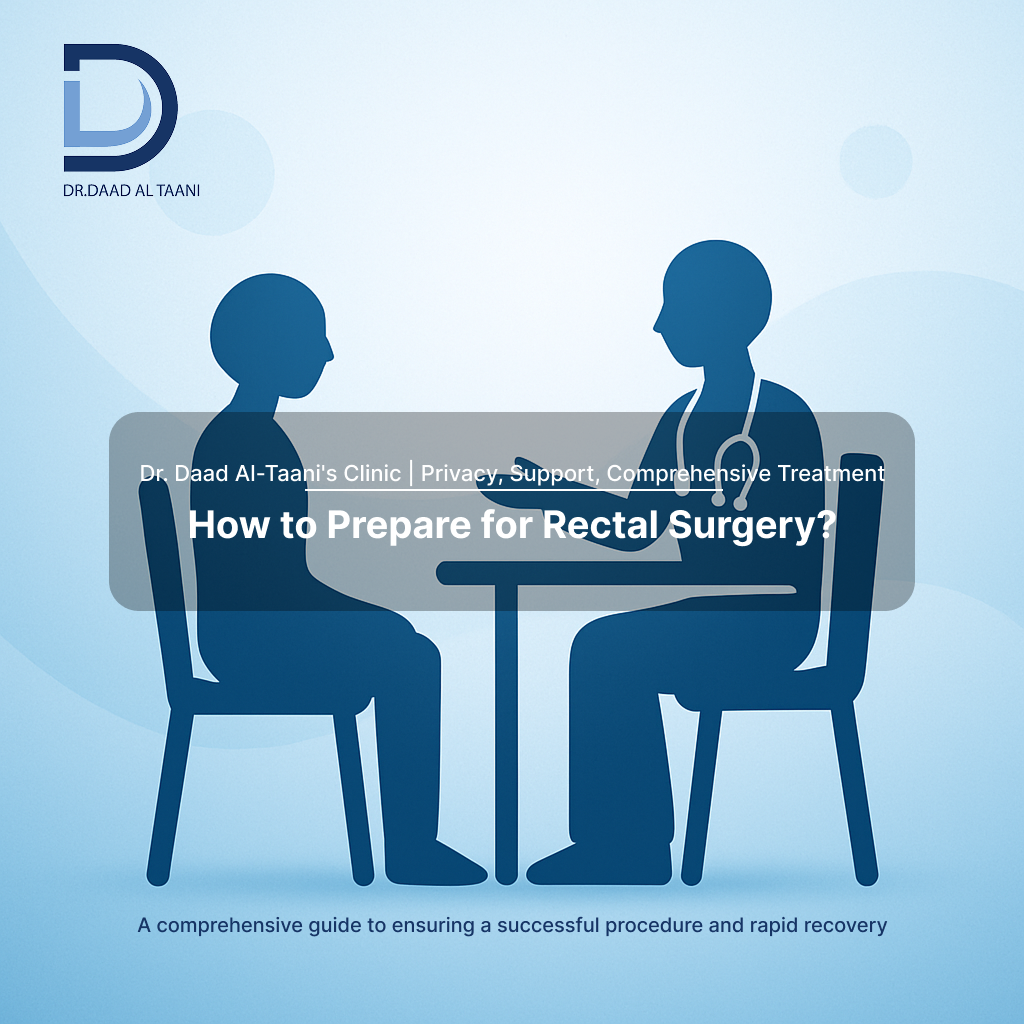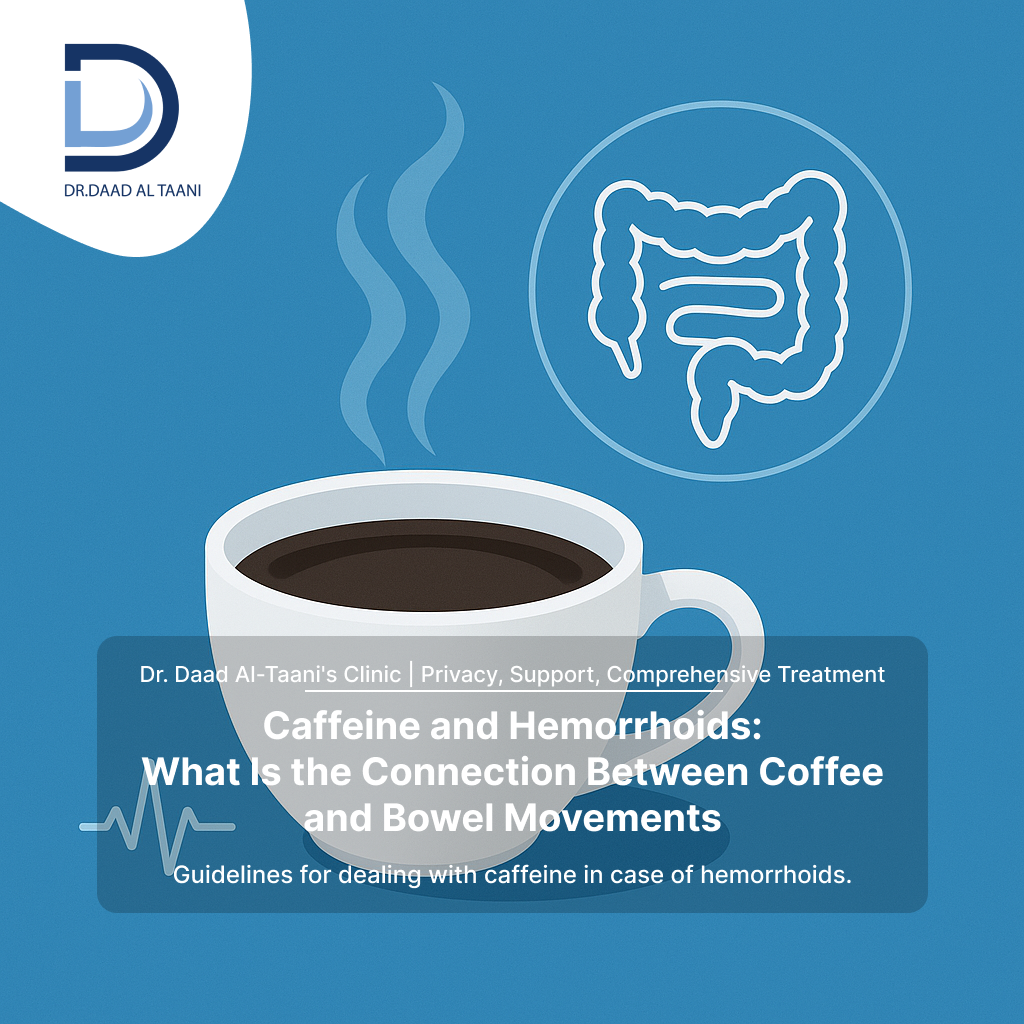Constipation: When Does It Become a Problem That Requires Medical Attention?
Constipation is one of the most common digestive issues, affecting millions of people worldwide. It is particularly prevalent among women, the elderly, and children. Many individuals treat it as a minor inconvenience that can be resolved with herbal remedies or simple dietary changes. However, persistent constipation or constipation accompanied by concerning symptoms may signal a more serious underlying health condition.
Constipation occurs when bowel movements become infrequent, typically fewer than three times per week. The stool is often dry and hard, and patients may experience abdominal pain, bloating, and difficulty passing stool. Some individuals also report a sensation of incomplete evacuation after a bowel movement.
Dr. Daad Al-Taani: Experience and Comprehensive Treatment
Dr. Daad Al-Taani, a specialist in proctology and colorectal surgery in Dubai, provides advanced care for patients suffering from chronic or complicated constipation. Her treatment approach goes beyond prescribing medication—she emphasizes accurate diagnosis of the root causes and develops a comprehensive treatment plan that may include nutritional guidance, physical therapy, and in severe cases, surgical intervention.
Common causes of constipation include low fiber intake, insufficient water consumption, physical inactivity, and the use of certain medications such as antidepressants or iron supplements. Constipation can also be associated with conditions like irritable bowel syndrome (IBS), Crohn’s disease, or hypothyroidism. Warning signs such as rectal bleeding, anemia, or unexplained weight loss should never be ignored, as they may indicate more serious conditions.
Dr. Daad highlights the importance of early detection and stresses that symptoms should not be overlooked—especially in older adults. The earlier treatment begins, the better the chances of managing symptoms effectively and improving quality of life.
In this article, we explore the main causes of constipation, when it’s time to see a doctor, and the available treatment options. You’ll also find essential tips for prevention, such as increasing fiber intake, staying well-hydrated, and establishing regular bowel habits.
Don’t let constipation interfere with your daily life. Consulting a specialist like Dr. Daad Al-Taani can make a significant difference in achieving relief and long-term comfort.
📺 For helpful medical advice and expert discussions, follow Dr. Daad Al-Taani’s interviews on our YouTube channel.


